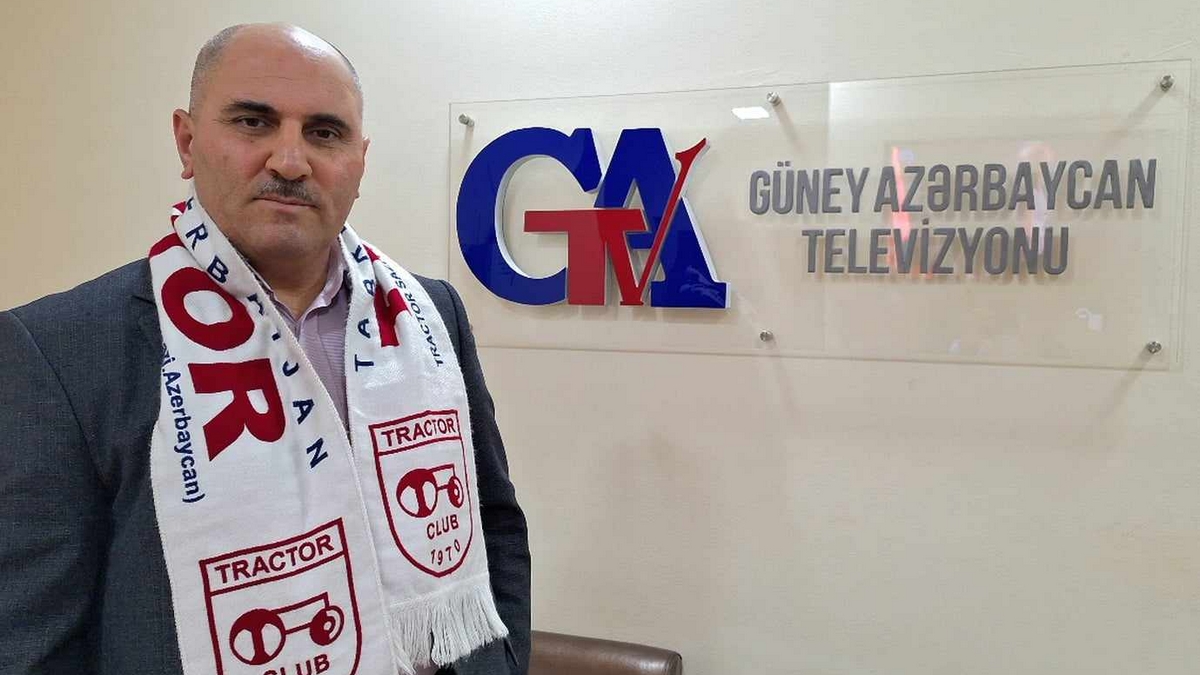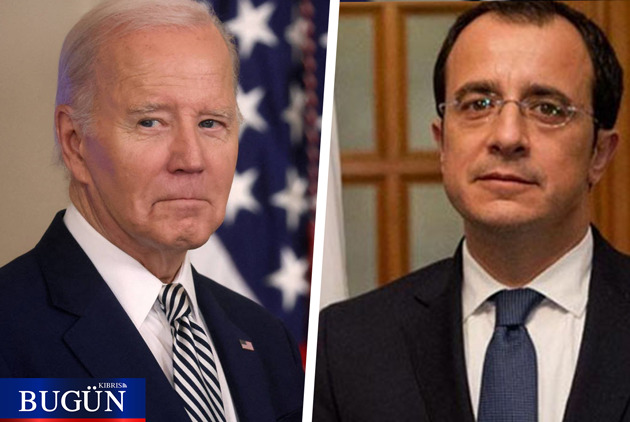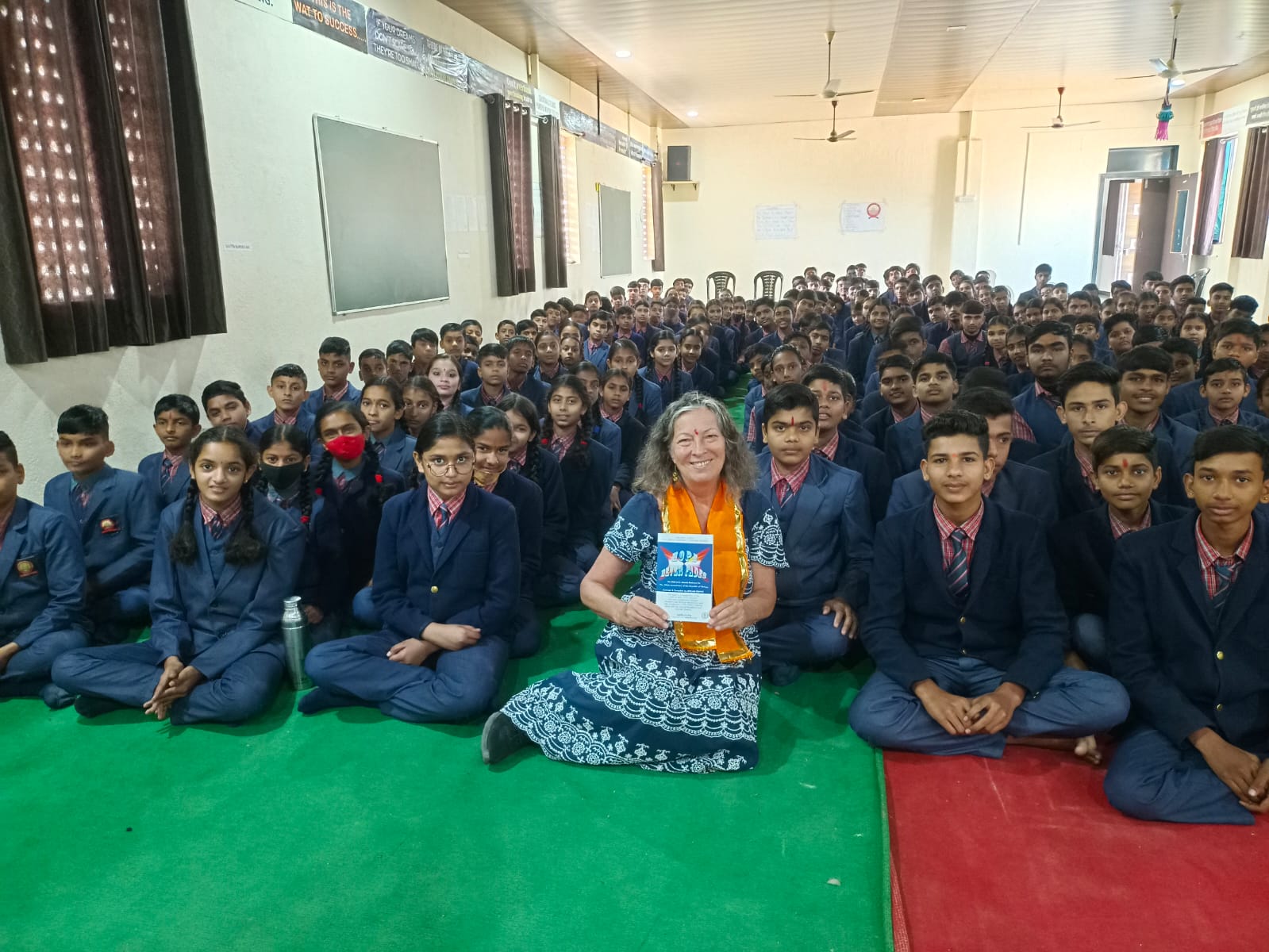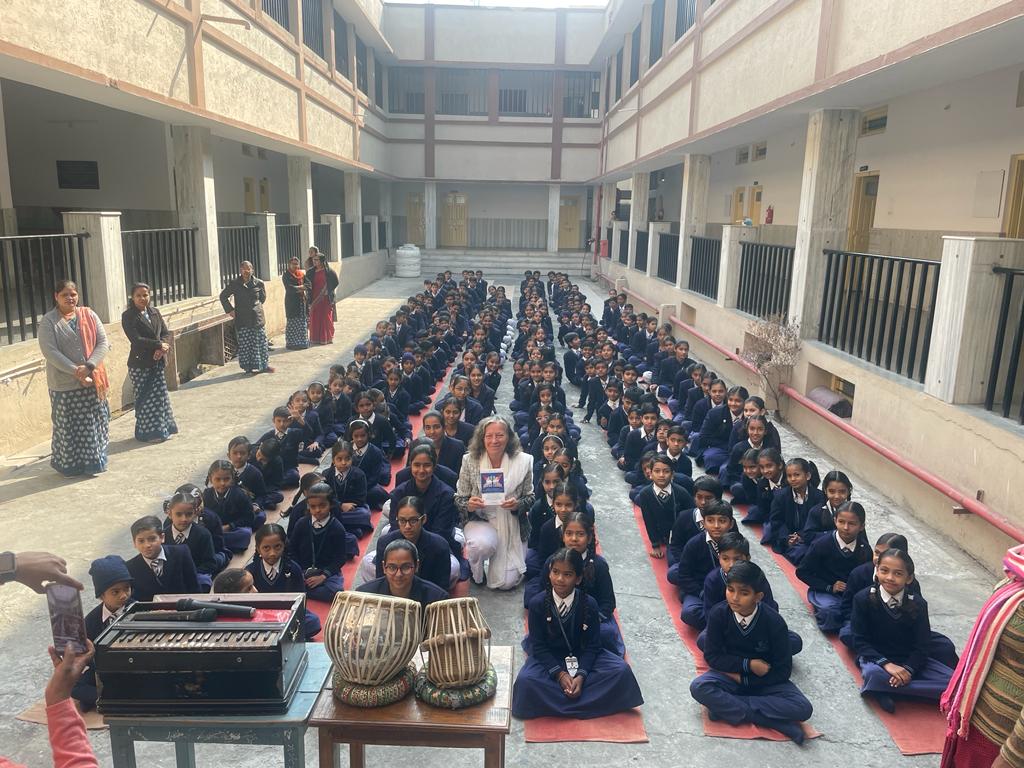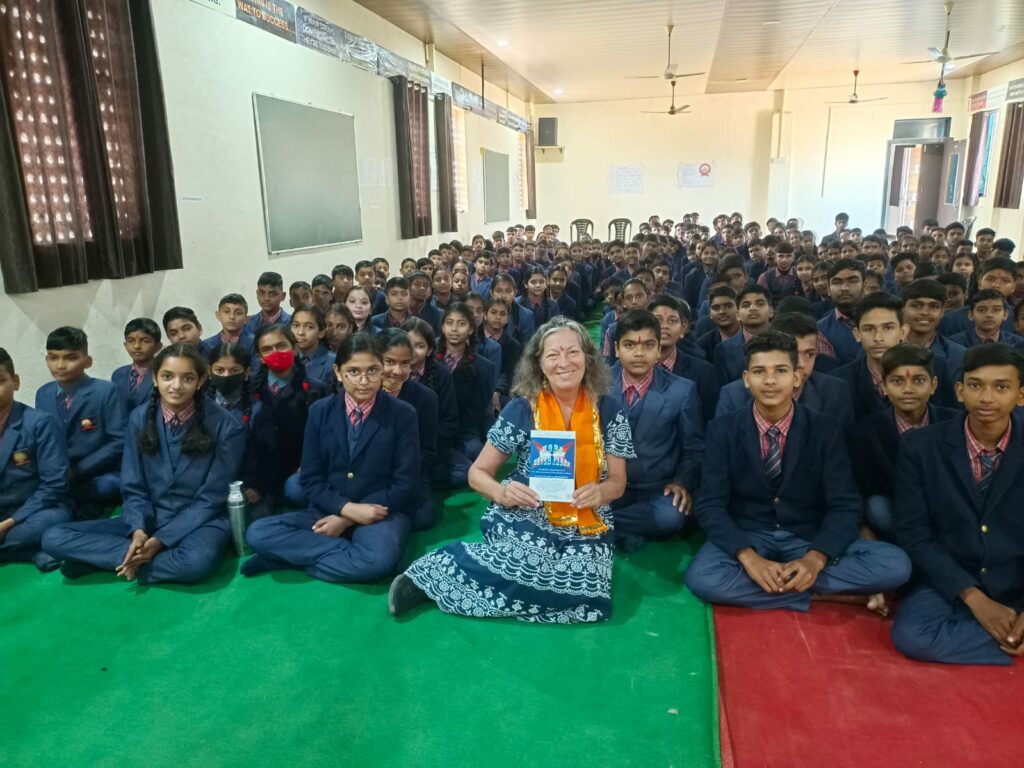Sarbanes, Hellenic Caucus Leaders Urge President Biden to Formally Invite the President of Cyprus to the White House to Mark 50th Anniversary of Turkish Invasion of Cyprus
January 18, 2024
WASHINGTON, D.C. – Today, Congressman John Sarbanes (D-MD) joined Congressional Hellenic Caucus co-chairs Chris Pappas (D-NH) and Gus Bilirakis (R-FL) and vice co-chairs Dina Titus (D-NV) and Nicole Malliotakis (R-NY) in sending a letter to President Biden requesting he observe the 50th anniversary of Turkey’s invasion and ongoing occupation of the Republic of Cyprus by formally inviting Cypriot President Nikos Christodoulides to the White House and taking other measures to strengthen the strategic partnership between the United States and Cyprus.
Read the full letter linked here and below:
Dear President Biden:
This year we mark the 50th observance of Turkey’s brutal invasion and ongoing occupation of the Republic of Cyprus. From your earliest days in the Senate, few elected officials have matched your understanding of this unforgiving tragedy, and even fewer have equaled your level of unwavering support for reunification of the island as a bi-zonal, bi-communal federation.
As members of the Congressional Hellenic Caucus, we urge your administration to mark this sober year of remembrance with meaningful actions that will materially elevate the United States’ relationship with one of our most reliable strategic partners. We agree with your recent statement that American leadership is what holds the world together, that American alliances are what keep us, America, safe. Affirming our bond with key partners — in this case, the Republic of Cyprus — is critical to projecting American values and bolstering international collaboration on the world’s most pressing challenges.
On July 20, 1974, Turkish forces descended upon Cypriot towns and villages, sending their rightful inhabitants fleeing for their lives. Since that time, Cypriots have endured a massive Turkish occupation in an ongoing affront to their sovereignty and democratic liberties. Your observation that we know that our allies and, maybe most importantly, our adversaries and competitors, are watching could not be more applicable than to Turkey’s actions in Cyprus.
In 2014, you became the highest-ranking U.S. official to visit Cyprus since then-Vice President Lyndon B. Johnson in 1962. During that visit, you recognized Cyprus’ important role as an ally, observing: “Cyprus can be a growing force for peace, prosperity and stability in the Eastern Mediterranean and that would benefit the world.” Almost a decade later, Cyprus has consistently proven to be the stabilizing and peaceful force in the region you rightly predicted, having aligned its policies with U.S. interests and collaborated with the larger Eastern Mediterranean region. Cyprus has worked to combat Russian money laundering, captured tons of Iranian explosives and shown itself to be a compassionate and reliable partner by treating wounded U.S. Marines prevented from receiving care at the U.S. Incirlik Base in Turkey. Most recently, in response to Hamas’ brutal attack on Israeli civilians, Cyprus rescued thousands of innocent Americans and others fleeing from Israel and is currently leading efforts to establish a humanitarian aid corridor to Gaza. Beyond this demonstrated vital partnership, our nations have found key areas of collaboration through the 3+1 Eastern Mediterranean Cooperation Framework, including its development of CYCLOPS, a facility that hosts joint training on maritime and border security, counterterrorism and cybersecurity between the U.S., Cyprus and other regional allies.
It is with this convincing record of collaboration in mind that we propose your consideration of several key actions that will signal America’s appreciation of Cyprus’ vital role and also act to further strengthen the U.S.-Cypriot strategic partnership. This partnership has already catalyzed greater cooperation, innovation and security amongst our friends and allies in the Eastern Mediterranean region.
First, we urge you to formally welcome Cypriot President Nikos Christodoulides to the White House. A formal state visit will shine a powerful light on the peace building that remains to be done in Cyprus and will demonstrate America’s broad interest in peaceful conflict resolution across the globe. It will be an important statement to allies under threat of authoritarian control that the United States is a resolute world leader committed to the preservation and promotion of democratic liberties. You have done more than any American President in recent memory to raise the alarm about the threats to democracy at home and abroad. Demonstrating solidarity with the Republic of Cyprus, a key partner in that continuing struggle, will reaffirm your unwavering commitment to strengthening democratic principles at this critical moment.
Second, we ask that you leverage the power of the 3+1 Framework to further the shared strategic interests of the United States and Cyprus in the Eastern Mediterranean region by expeditiously convening a 3+1 Foreign Ministerial meeting. During a time of rising global tensions, it is more important than ever to promote regional stability and enhance collaboration among key partner nations on mutual economic and political goals by facilitating these regional talks.
Third, we applaud initial steps to add Cyprus to the Visa Waiver Program alongside many of its European Union neighbors. This Program serves to strengthen people-to-people ties between nations and the inclusion of Cyprus is the right policy. We urge a smooth and efficient admission of Cyprus into the Program once the necessary security steps are completed by your administration.
Finally, we wish to thank you for fully lifting the arms embargo on Cyprus through 2024. This decision is a testament to the reforms Cyprus has implemented consistent with the Eastern Mediterranean Security and Energy Partnership Act of 2019, to thwart Russian influence and money laundering. While we believe this is an important first step in recognition of Cyprus’ ongoing commitment to these reforms, we urge you to extend this lifting of the arms embargo beyond a one-year time frame which will allow for advanced planning and ensure interoperability with allies.
Your long-standing record of support for the U.S.- Cyprus relationship is deeply appreciated by all who have worked over these last five decades to achieve justice for the Cypriot people. We know that you feel the gravity of this moment as acutely as we do and ask you to mark this sober occasion with concrete, meaningful actions that can advance a just solution in Cyprus.
Sincerely,
Chris Pappas, Co-Chair, Hellenic Caucus
Gus Bilirakis, Co-Chair, Hellenic Caucus
Dina Titus, Vice Co-Chair, Hellenic Caucus
Nicole Malliotakis, Vice Co-Chair, Hellenic Caucus
John P. Sarbanes, Member, Hellenic Caucus




